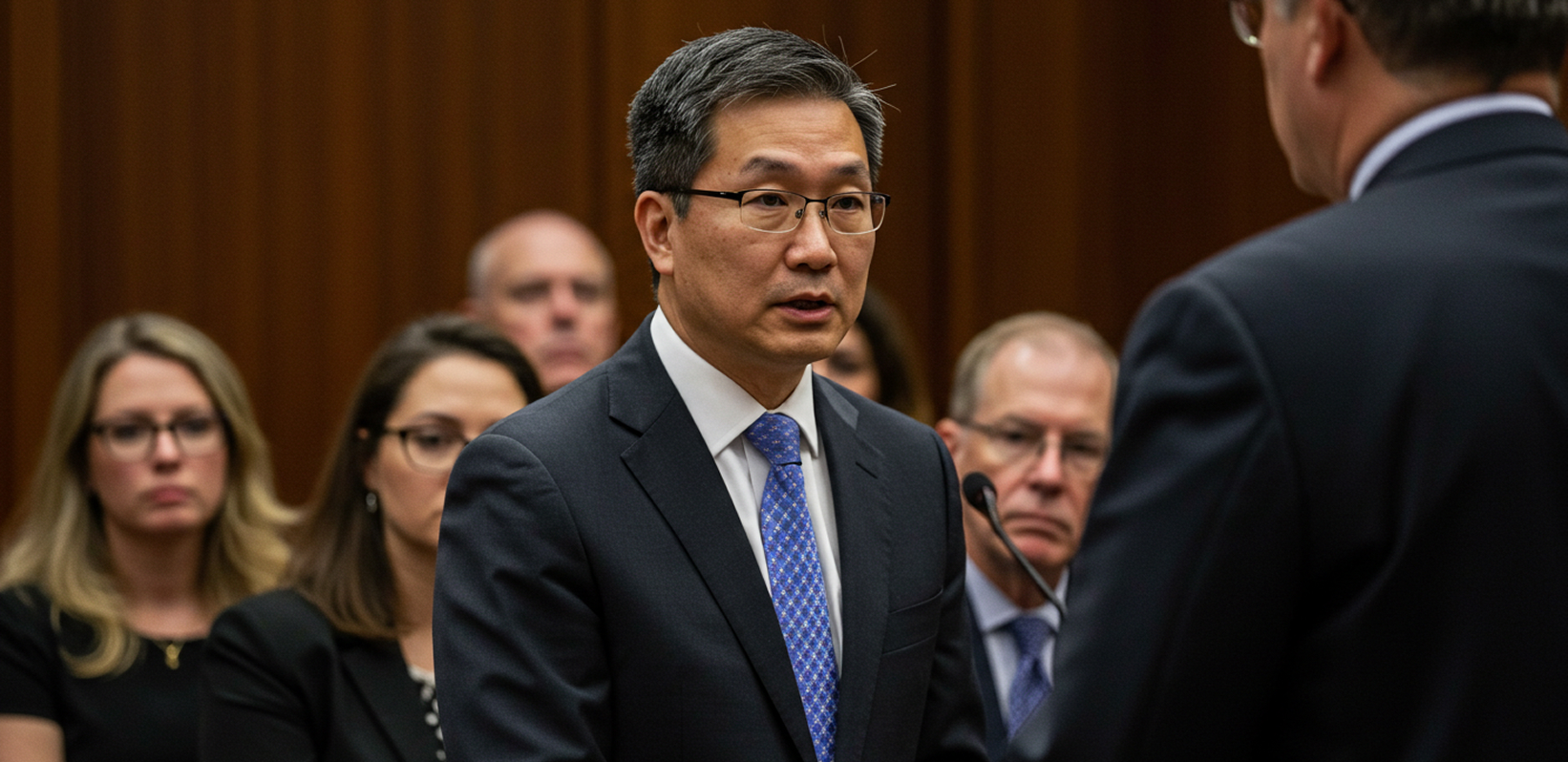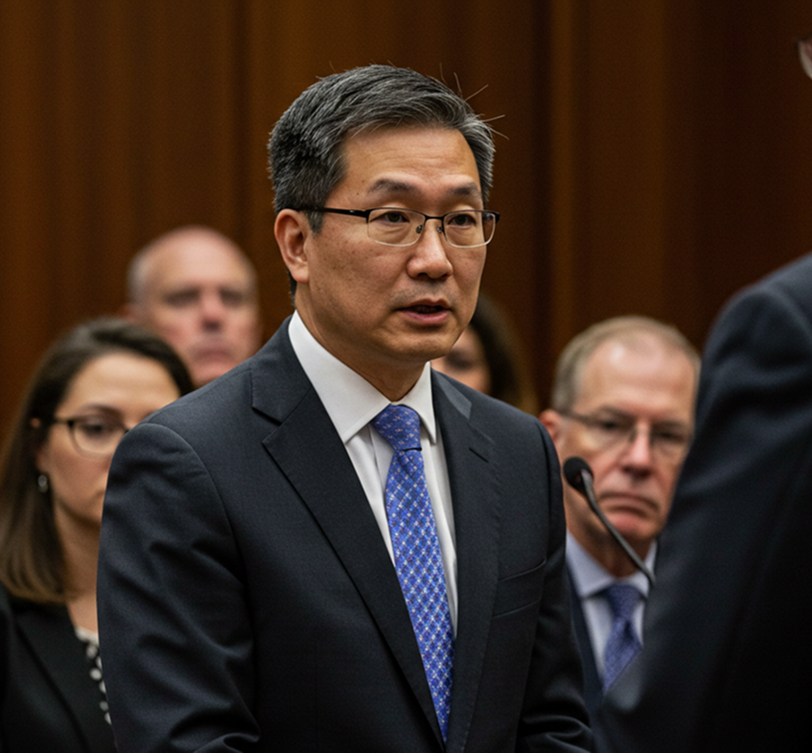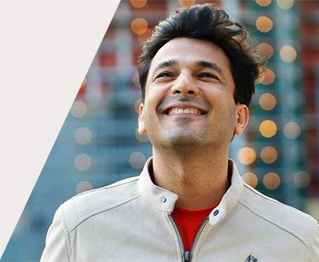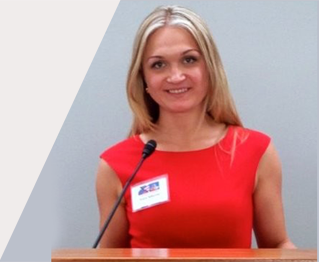From attorney arguments to witness testimonies, credibility in the courtroom is a key element of legal success. And when it comes to building trust on the stand, clear and confident communication can make a world of difference. Witnesses who struggle to articulate their points—whether due to non-standard accents, industry jargon, or public speaking anxiety—risk undermining their own credibility. Worse, opposing counsel may seize upon these perceived vulnerabilities, amplifying doubts in the minds of jurors or judges.
As a speech coach specializing in witness preparation, I’ve worked with litigators across legal practice areas,* their clients, and expert witnesses. The goal: to help refine communication for depositions and trials, including cross-examinations. Analyzing and refining the delivery of testimony—including pronunciation, syllable and lexical (word) stress, intonation, word choice, syntax (word order), gestures, posture, eye contact, and other spoken and unspoken communication choices—can empower individuals to present themselves not just clearly and confidently but credibly and compellingly in the courtroom.
For non-native English-speaking witnesses, communication challenges are amplified by potential juror biases and linguistic barriers, which can lead to damaging misconceptions.
Let’s dive into some key areas for consideration when determining the why and the how of speech coaching for legal testimony as part of witness preparation:
1. Specific Challenges Witnesses Face in the Courtroom
Whether native or non-native English speakers, witnesses face a variety of challenges that can impact their credibility:
a. Accent and Clarity
Non-native English speakers or individuals with regional accents (or any dialect that is difficult for the jury to understand) may struggle to tell their story or get their point across. Non-standard pronunciation patterns, hastened or irregular pacing, or unfamiliar intonation can make their testimony harder for jurors or judges to follow. These issues with courtroom communication skills may inadvertently create a perception of incompetence or even dishonesty. It’s an unfair reality faced by many witnesses who grew up in a region or country different than the constituents of a tribunal.
b. Jargon and Over-Explaining
Expert witnesses, such as doctors or engineers, often rely on industry-specific terminology. Without proper coaching, they may overwhelm jurors with a deluge of detail or assume knowledge or a perspective that their audience does not possess. Speaking over the heads of the jurors can alienate them—and if they don’t follow the testimony, the witness may lose their favor. Clear is kind, and concise is crucial.
c. Nervousness and Anxiety (and a Perceived Lack of Confidence)
A formal courtroom environment imposes such a unique pressure that it can cause even the most confident of individuals to falter. Witnesses may rush the speed of their responses, speak before they think or structure their stories, avoid eye contact, or exhibit body language that undermines their credibility. It’s not just what the witness said, but how they conveyed the information that makes an impact.
d. Juror Biases
Unconscious, subconscious, or even conscious biases can influence how jurors perceive a witness’s competence and trustworthiness. For example:
- Jurors may distrust educational credentials from unfamiliar “foreign” institutions.
- Jurors may conflate the challenges of a witness to testify clearly with that individual’s ability to perform on the job.
- Cultural differences in nonverbal communication, such as avoiding direct eye contact, may be mistaken for evasiveness.
- Lack of confidence in communicating in English under pressure may seem like a lack of confidence in treatment decisions.
- Opposing counsel could amplify the above to misconstrue that the witness is unprofessional or lacks competence.
e. Vulnerability to Opposing Counsel
Opposing counsel will aim to exploit any weaknesses in a witness’s communication, especially problematic for non-native speakers who may get increasingly intimidated or flustered when nervous. During cross-examination, the adversary may pounce—capitalizing on unclear answers, word inconsistencies, or nervousness to cast doubt on a witness’s reliability. The added duress of interrogation can exacerbate this, both linguistically and emotionally, for the foreign-born witness.
2. How Speech Coaching Provides a Strategic Advantage, Critical to Witness Credibility
My strategic approach to speech coaching addresses these challenges head-on, equipping witnesses with tools they need to communicate effectively under pressure.
a. Enhance Accent Clarity and Pronunciation
- Refine pronunciation: Triage articulation challenges in order of importance. If time is limited, prioritize key words (names, terms, and phrases critical to the testimony).
- Adjust pacing: Practice slowly since nerves tend to speed speech in the courtroom. Train the witness to pause and breathe intentionally.
- Use intonation: Help the witness highlight key words and organize thoughts with purposeful intonation and stress.
b. Simplify Complex Concepts
- Coach expert witnesses to “translate” technical language into layman’s terms and build comprehension step-by-step.
- Practice clarity without condescension—striking a respectful balance between accessibility and expertise.
- Structure storytelling logically: use past tense for narratives, present for habitual actions, and avoid ambiguity.
c. Anticipate and Address Bias Proactively
- Strategically frame credentials, starting with U.S.-based or widely recognized qualifications.
- Train witnesses to avoid nonverbal habits that may unintentionally convey agreement or dishonesty.
- Coach appropriate eye contact, gestures, and body language that support trust-building in a U.S. courtroom.
d. Put it All Together—and Build Confidence!
- Conduct dress rehearsals of testimony to simulate trial pressure and test for weak spots.
- Practice with legal teams to align speech with legal strategy—especially under cross-examination scenarios.
- Incorporate posture, pacing, and techniques for managing courtroom anxiety to increase composure and presence.
3. Making the Case for Integrating Speech Coaching into Witness Preparation Across Legal Specialties
Clear communication in court is essential across a wide range of cases:
- Medical Malpractice Defense: Physicians must testify clearly and credibly under scrutiny.
- Personal Injury: Plaintiffs must share personal stories authentically without confusion or emotional overwhelm.
- Criminal Trials: Calm, structured delivery is essential to building trust on both sides.
- Mass Tort: Experts must communicate complex topics with clarity and neutrality.
- Immigration Hearings: Linguistic clarity is vital, especially for emotionally loaded testimonies.
- Entertainment Law: Witnesses may need to manage tone and perception in high-profile cases.
Conclusion
Clear, confident communication is not just a courtroom advantage—it’s a necessity. Litigators want to help their clients and witnesses prepare in a way that leads to the best possible outcome.
Speech coaching empowers witnesses to overcome barriers, inspire trust, and deliver compelling, credible testimony. For any litigator preparing clients or experts for court, working with a speech coach adds a layer of preparation that could make all the difference.
Eager to Learn More About the Speech Strategy for Your Law Firm?
Let’s ensure your legal team has the strategic edge in court. We can work together to ensure your witnesses deliver testimony that makes an impact—clear, confident, credible, and compelling.
Contact Melanie today to learn more about Speech Fox’s coaching services for legal professionals and expert witnesses.
ABOUT MELANIE AND SPEECH FOX LLC
Melanie Fox of Speech Fox LLC offers expert communication coaching tailored to high-stakes environments like depositions and trials. She has worked with defendants, expert witnesses, and legal teams across specialties, including medical malpractice, insurance defense, and high-profile litigation. She is a trusted provider for firms and carriers like MedPro and MLMIC.
Speech Fox is a certified diversity supplier (WBE, WOSB, SBE, and DOBE).
(1) The cases involve a lot of complex information and require a lot of precision in delivering detailed accounts.
(2) The defendants or expert witnesses tend to care deeply about their credibility, as it reflects on their professionalism.
(3) They likely have a mindset for serious study and hold advanced credentials.
(4) These cases are ultra-high-stakes due to potential professional and financial repercussions.
(5) Malpractice insurance providers (e.g., Berkshire Hathaway, MedPro, MLMIC) often cover the cost of coaching as part of defense support.














